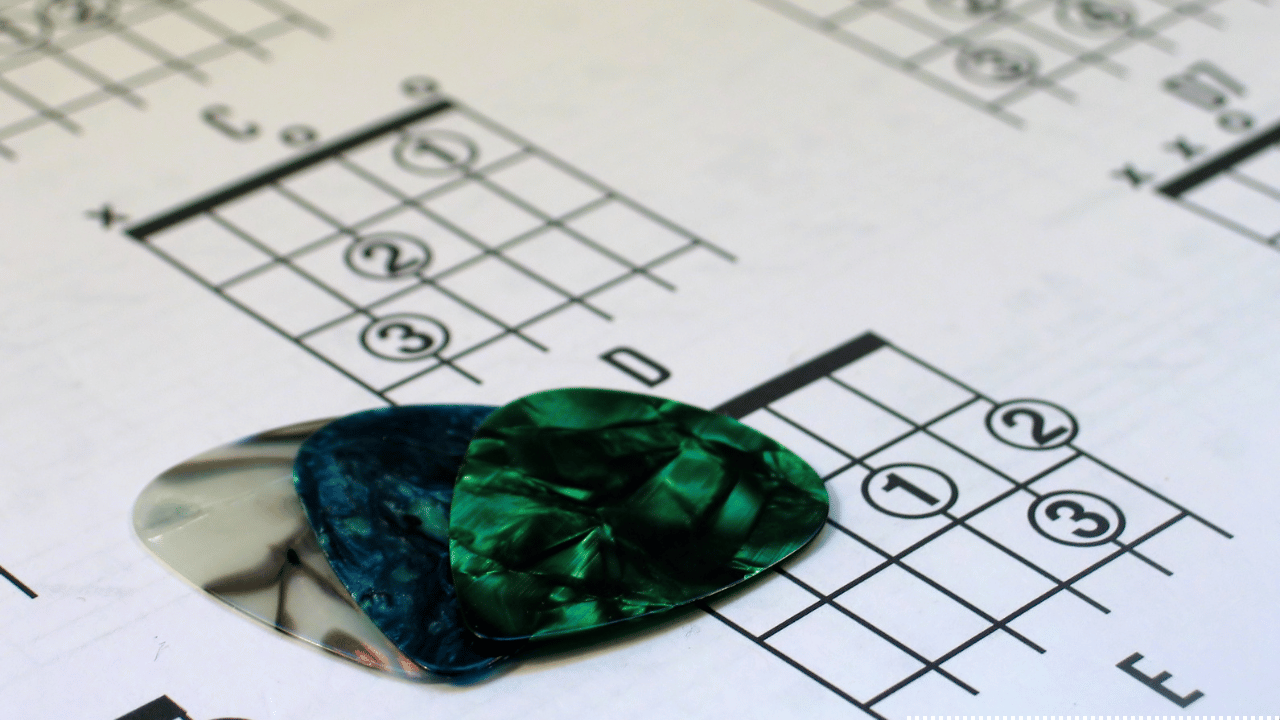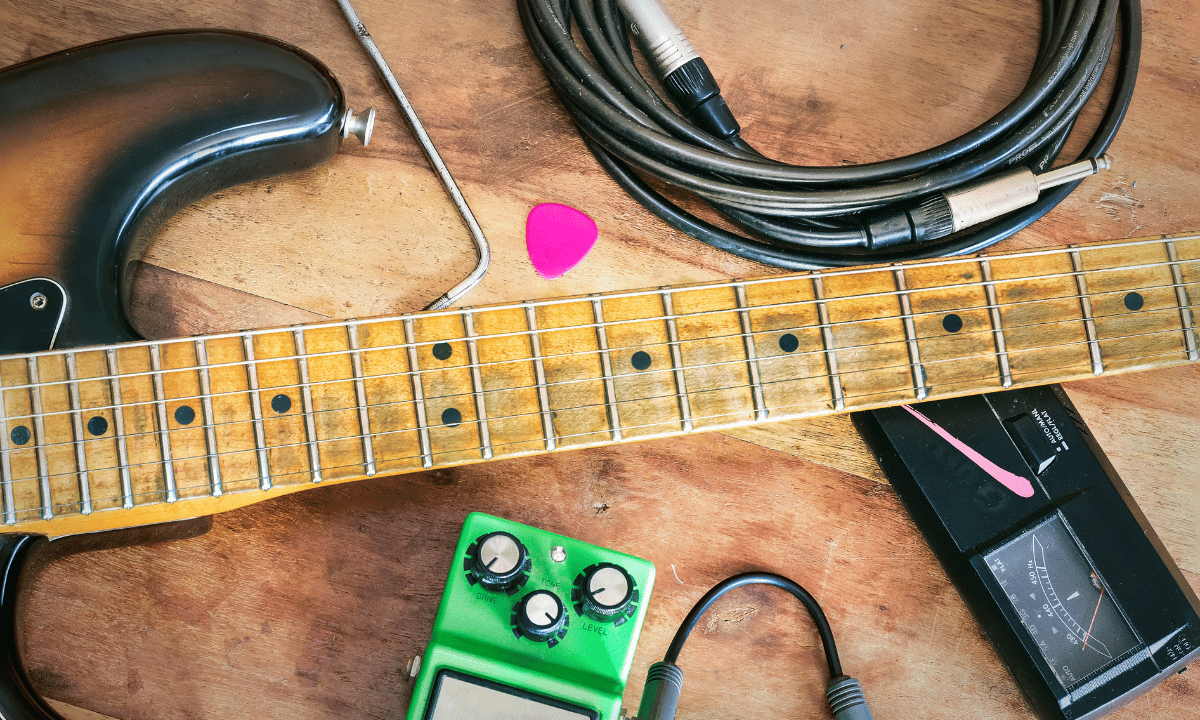Guitar vs. Piano: Which Instrument Should You Learn First?
Deciding to learn a musical instrument can be both exciting and overwhelming, especially for beginners. Out of the multitude of options available, the two most popular options are guitar and piano. Both instruments offer unique features and playing experience, making choosing between them an enjoyable challenge. In this blog, we will do a comparative analysis of guitar and piano as beginner instruments, to help you determine which one is best for you based on your preferences and musical goals.
1. Ease of Learning:
The guitar is often considered more suited to beginners because of its straight finger placement and smooth chord progression. However, the layout of a piano and the sequential arrangement of keys can provide a solid foundation for understanding music theory and harmony.2. Versatility:
The portability and versatility of the guitar allows players to explore a variety of styles, from rock and pop to folk and blues. On the other hand, the piano's wide range and ability to produce multiple notes at once make it ideal for classical music, jazz, and contemporary compositions.3. Physical Demands:
Guitar requires finger strength and dexterity to strum and execute complex techniques such as bending and strumming. In contrast, piano demands coordination between both hands and a high degree of hand independence.4. Musical Expression:
Both instruments offer unique opportunities for musical expression. Allows guitar players to bend strings, use vibrato, and use different playing techniques to produce emotional sounds. Meanwhile, pianos enable musicians to control volume and tone through key pressure and the use of pedals.5. Theory and Sight-Reading:
The visual layout of the piano makes it easy for beginners to understand music theory concepts and read sheet music by looking at it. This trait can be beneficial to those who aspire to explore complex compositions and become proficient in reading music.6. Initial Cost and Maintenance:
In terms of affordability, beginner-level guitars are generally more budget-friendly than pianos. Additionally, pianos require more extensive maintenance, such as tuning and occasional repairs, than guitars.7. Time of Proficiency:
The time taken to achieve proficiency may vary depending on individual dedication and practice. Some may find guitar more accessible at an early stage, while others may enjoy the structured learning experience of piano.8. Social Aspect:
Guitar playing is often associated with social gatherings, singing and jam sessions. Playing guitar can be a great way to connect with others and enhance group musical experiences. However, the piano's solo performance capabilities provide a unique opportunity for personal artistic expression.Conclusion:
Ultimately, the choice between learning guitar or piano as a beginner comes down to personal preference, musical interests, and goals. Both instruments offer a rewarding musical journey, and the decision should be tailored to what you enjoy most. Whether you choose the versatility of a guitar or the depth of a piano, remember that dedication, passion, and consistent practice are the keys to achieving proficiency and musical perfection.Whatever path you choose, at Guitar Room we welcome and support aspiring musicians on their journey to master their chosen instrument. Embrace the joy of learning and let music be your guide to self-expression and creativity. Have fun playing!





